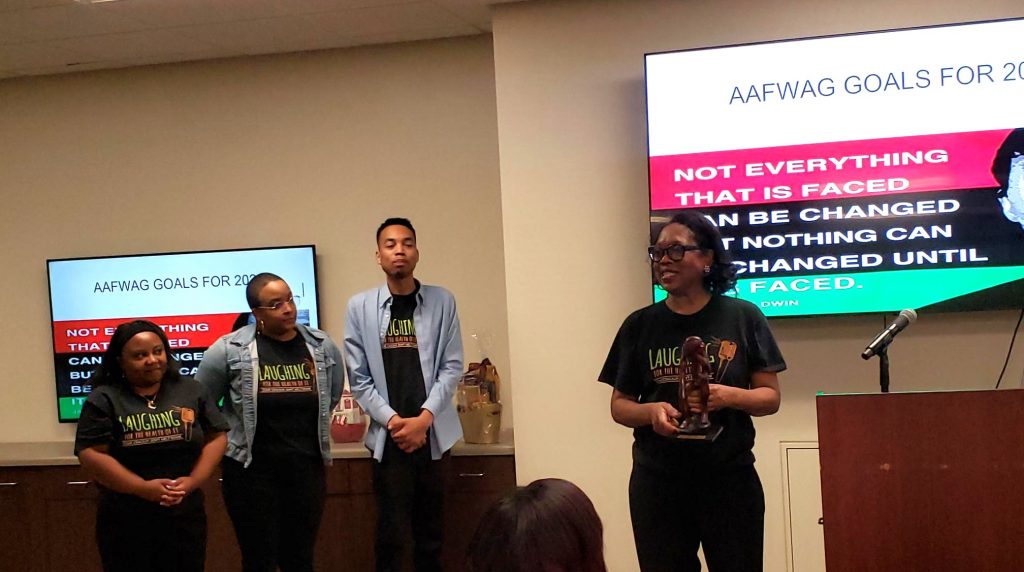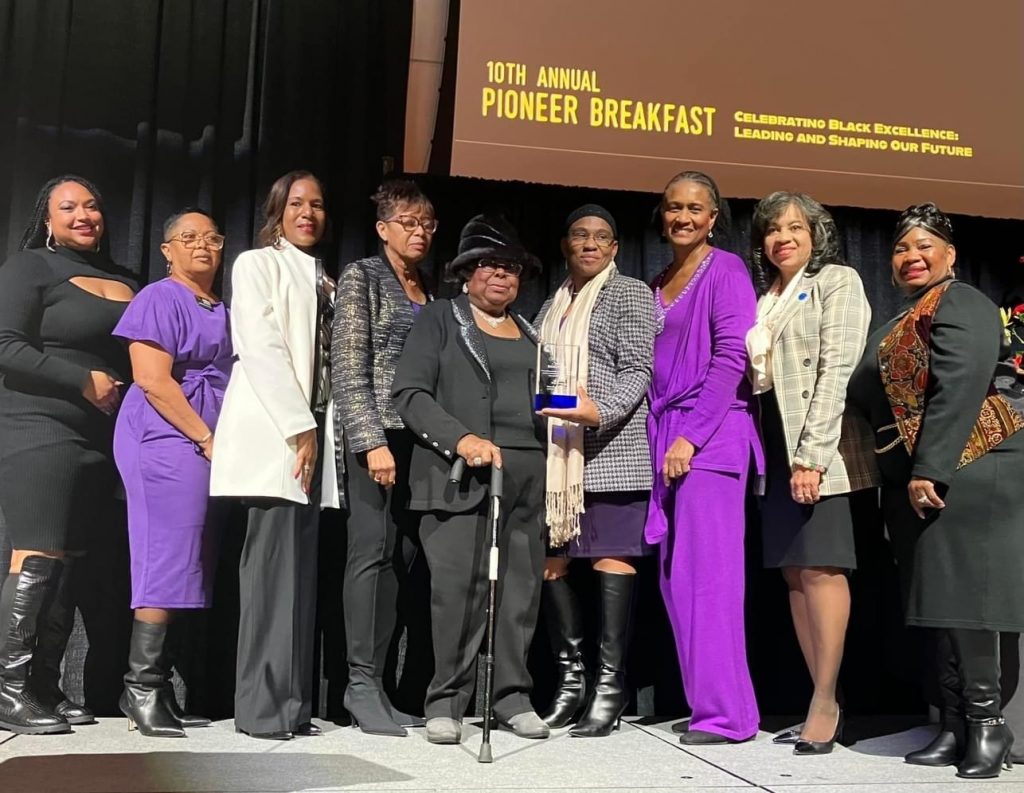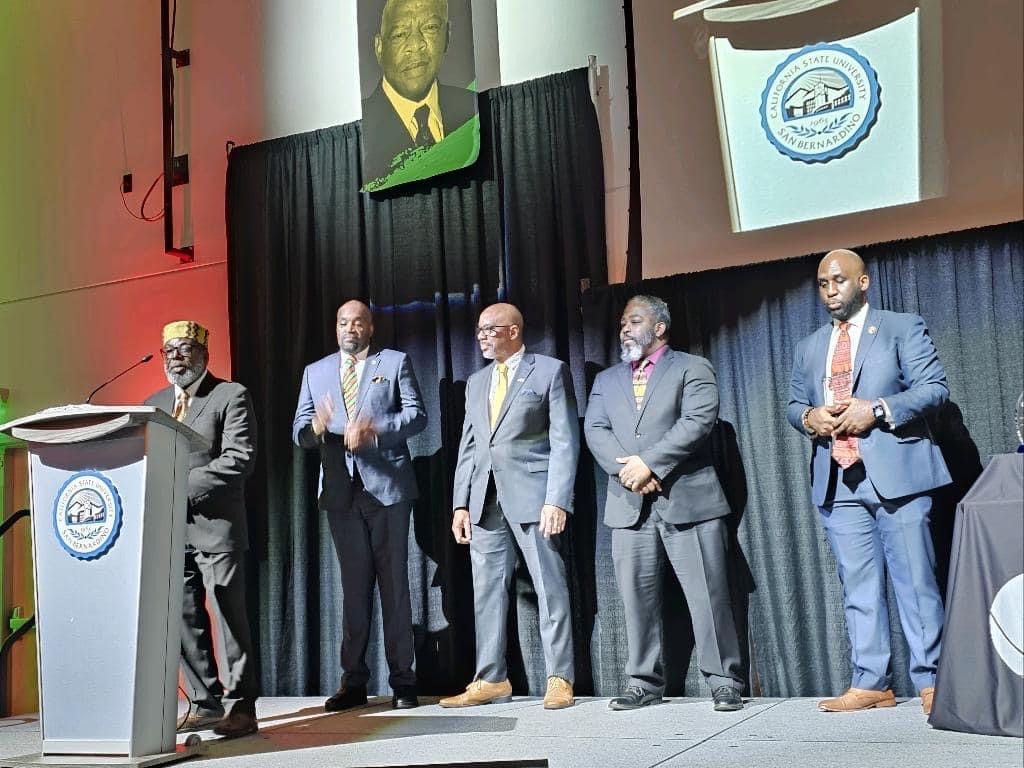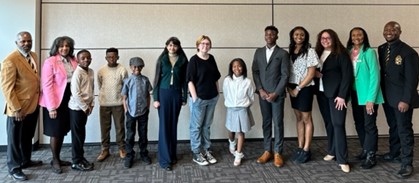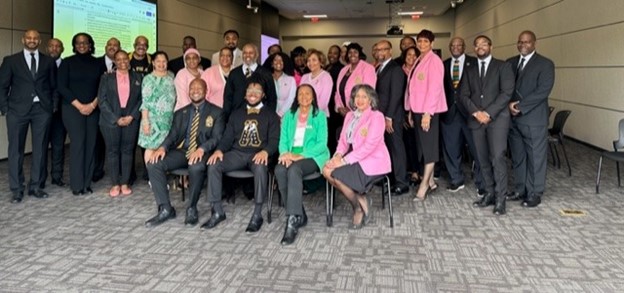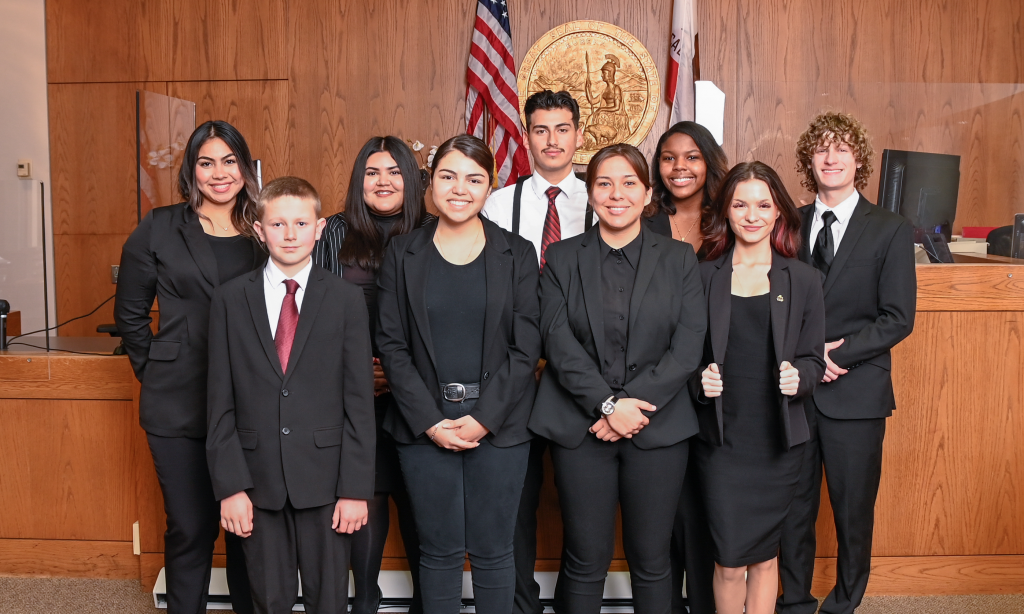RIVERSIDE, CA—- Healthy Heritage, an Inland Empire nonprofit organization, has been awarded the Community Service Award presented by the African American Family Wellness Advisory Group (AAFWAG) for their outstanding work in addressing mental health within the African American community.
Healthy Heritage is the first recipient ever to receive the Community Service Award from AAFWAG, which will now be presented annually to an organization that demonstrates exceptional community service and makes a significant impact on the lives of individuals within the African American community. AAFWAG is part of the Riverside University Health Systems Behavioral Health Cultural Competency Program. Their primary focus is to educate and engage the community to reduce the stigma and disparities associated with mental health in the African American community.
“Healthy Heritage was recognized for their work in providing culturally responsive mental health programs and services to support African American individuals and families within the Inland Empire”, commented Hazel Lambert, Cultural Community Liaison of AAFWAG. “They provide unique and creative ways of reaching the community outside of traditional therapy services which helps to reduce barriers. I was especially impressed with their Broken Crayon’s Still Color Project, their Laughing for the Health of It mental health resource fair and comedy show and their My Hair, My Health collaborative community event.”
Mental health is a critical issue in the African American community, where individuals often face unique challenges related to stigma, access to care, and historical trauma. Since 2007, Healthy Heritage has been dedicated to addressing these issues through a range of programs and services, including mental health workshops, healthy lifestyles workshops, seminars, and community outreach.
“It’s definitely a special honor and privilege for Healthy Heritage to receive this award. AAFWAG helps to bridge the gap and brings together so many organizations throughout the Inland Empire that do great work in our community, and we’re grateful to be one of those organizations and be recognized for our contributions,” said Phyllis Clark, CEO & Founder of Healthy Heritage. “Mental health is a crucial component of overall wellness, and we are committed to providing unique, responsive and accessible services to those who need it most.”
The award recognizes the significant impact that Healthy Heritage has made in the African American community throughout the Inland Empire. By providing creative and engaging programs and services, they have helped to reduce the stigma associated with mental health issues and promote overall well-being.
Healthy Heritage is proud to be recognized for their work and looks forward to continuing to serve the community through their programs and services. Those interested in getting involved can save the date for May 21, 2023 for their Laughing for the Health of It mental health resource fair and comedy show at Ontario Improv.
For more information about Healthy Heritage, their work in the community and their upcoming comedy show, please call 951-293-4240 or visit their website at www.HealthyHeritage.org.
 Westside Story Newspaper – Online The News of The Empire – Sharing the Quest for Excellence
Westside Story Newspaper – Online The News of The Empire – Sharing the Quest for Excellence
